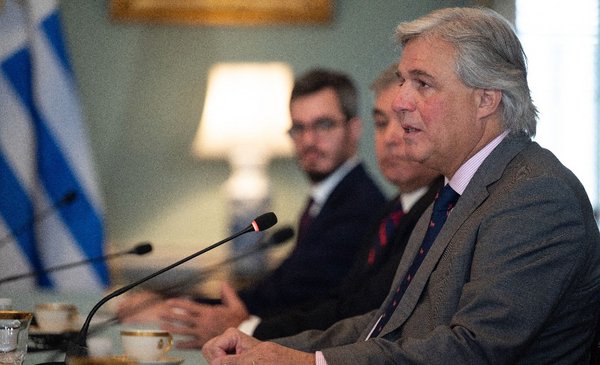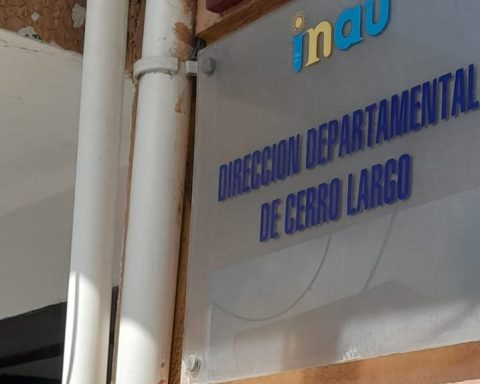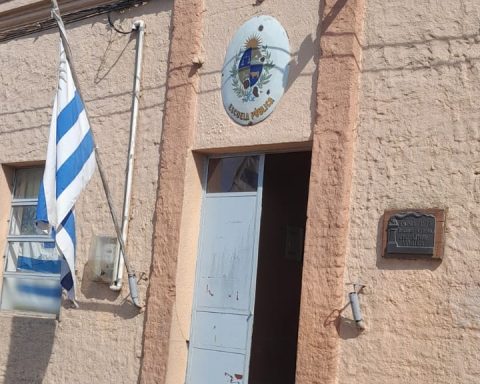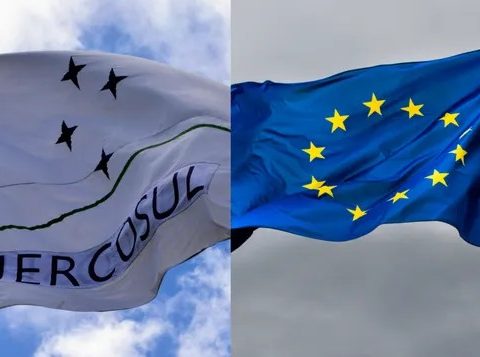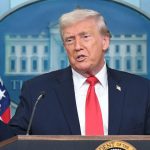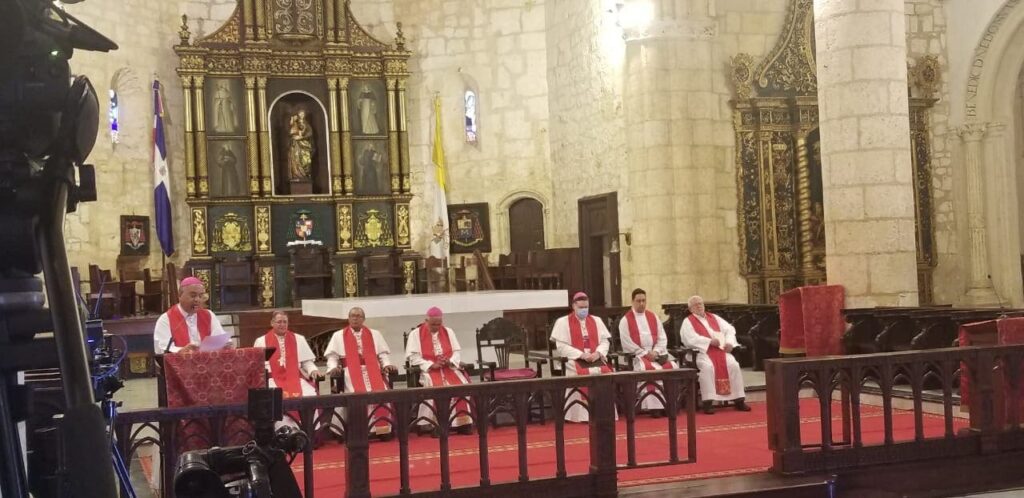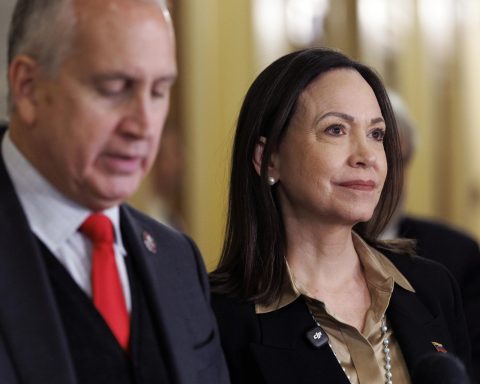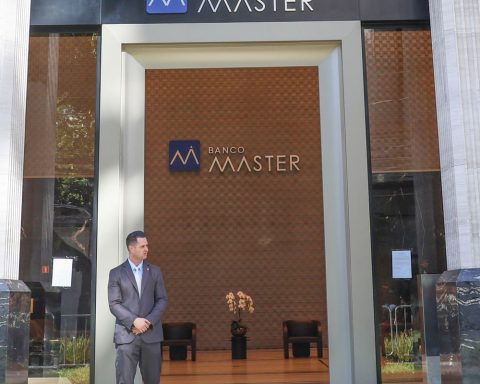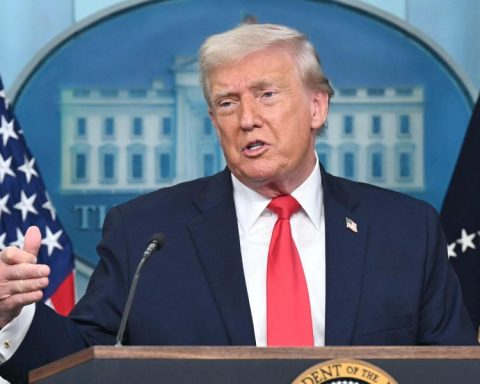In a Twitter space generated this Tuesday by the organization Global Americansthe Vice President of Uruguay XXI, Inés Bonicelli, the Executive Director of the Center for Development Studies (CED), Agustín Iturralde, and PwC partner, Amparo Mercaderdiscussed the possibility of Uruguay reaching a commercial agreement with the United States, the relevance and the advantages.
During the activity, with name Looking ahead: Relations between Uruguay and the United Statesthe participants valued how positive for the approach of the negotiations, in the first instance, the Uruguayan institutional, social, economic and social stability.
According to Bonicelli, rather than “talking about setbacks in other regions” it is necessary to assess the “huge opportunity” presented by Uruguay in “stability, adherence to institutions and democracy, respect for the rules of the game and the freedom of openness for what Doing Business is”. “We have to take care of and strengthen these factors”, he pointed.
For his part, Mercader maintained that “the values of democracy“Uruguayans do it”a natural partner” for the administration of US President Joe Biden. “Uruguay is one of the most stable democracies in the world and the first in the region”, he added.
Along these lines, Iturralde stressed that there is a “common agenda” in “defending of values democratic” between Uruguay and the United States and what the country does not have to offer “in its economic weight” it can do so as “an ally in the region that stands out more and more for its institutionality, democracy and certain values in which it is a bastion”.
Regarding the express concern of the North American country about the rapprochement between Uruguay and China and the signing of a possible Free Trade Agreement (FTA) between the countries, Iturralde indicated that Uruguay “is trying to play its game, keep the balance and increase its trade flows with all the actors”.
In that sense, he stated that he does not believe that Uruguay “be with a preference for China over other actors” but warned that “neither the United States nor Europe are opening a clear door in terms of goods or tax relief”. “Uruguay, in the need to finalize some agreements, It is in talks with China because it is the one that has a more concrete interest in tariffs and goods. That does not mean that there are no other huge agendas”, he added.
Jim WATSON / POOL / AFP
The importance of the service sector
According to Mercader, the service area is “absolutely key” since although “There is much talk of China as a trading partner, the United States is the main market for Uruguayan services”.
For the PwC partner, the services “nor they will go through customs and will not depend on an FTA” but it depends “to a great extent” of a Double Taxation Treaty. Along these lines, he explained that since Uruguay does not have a treaty of this type, they generate “more withholdings on services” that can arrive “up to 30%”. “It is a very large amount that can make the difference between being competitive or not in certain industries.”.
For Mercader, a Double Taxation Treaty is the issue “most important of the bilateral agenda” with the United States because “where there is greater complementarity” with that country is in the services. Also advance in the “information exchange” is a “clue” for the development of the service industry. “These more modern mechanisms are essential for the promotion of the service industry with great added value and which is key to Uruguay’s bilateral relationship with the United States.”, he pointed out.
“An FTA is also excellent and would bring us a lot” because it is “a seal of quality that goes beyond tariffs”, clarified the PwC partner. However, she said thatthere are other tactical issues such as the Double Taxation Treaty” that “could have a greater impact without a doubt”.
Bonicelli stressed that in Uruguay there is a “thriving ecosystem of Information Technology (IT)” and that the United States is the main destination for Uruguayan imports in this category. He also highlighted that Uruguay has the same time zone as the east coast of the United States.
“These are all elements that make this sector really well positioned to continue growing in its relationship with the United States. Uruguay is also seen as a gateway to the rest of Latin America, as there are many companies that settle here first and then grow in the rest of the region”, explained the Uruguay XXI executive.
Regarding challenges, Bonicelli pointed out that he is going “on the talent side” because although Uruguay it has a stock of interesting and highly qualified talent”, today “the world competes for talent”.
The vice president of the Uruguayan export promotion agency highlighted that Uruguay has “everything to grow” in terms of services and said that the export of audiovisual services, consulting in engineering and construction are also some of the items that they are exporting in a good way to the United States.
